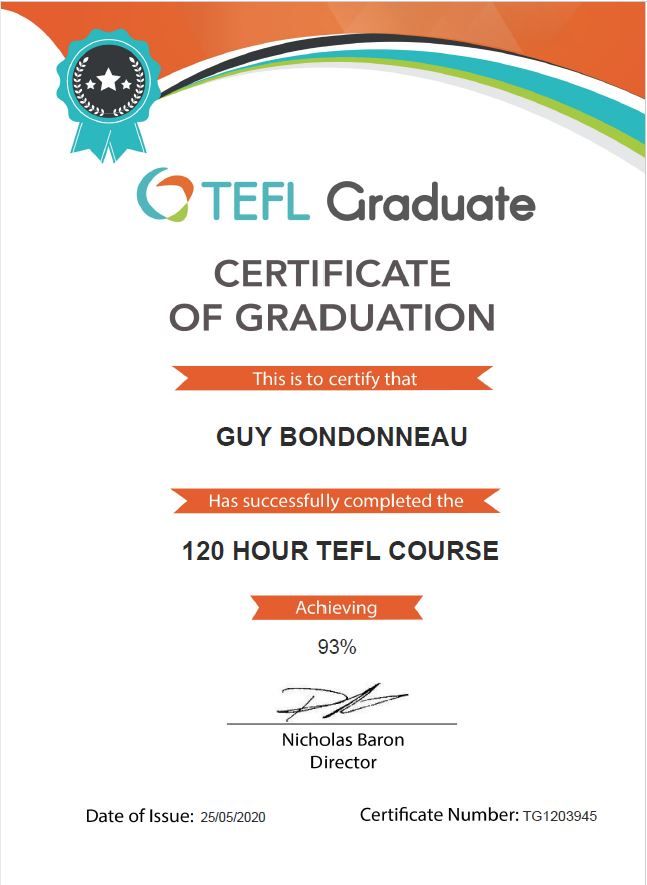Intercultural competence - Acquisition or learning

Becoming interculturally competent,
Acquisition
or
Learning?
Acquisition is the process through which people acquire knowledge naturally and subconsciously. A good way to think of this methodology is to look at language learning, in particular in children, whether it is the mother tongue or a second language when moving to another country. Language is about communication, about creating and interpreting meaning.
Learning is the conscious process of learning through instruction and correction. Staying with the language comparison, this methodology is like learning the structure of the language, the syntax, the grammatical rules, the spelling of the words, etc.
It has been said that the two methodologies are independent from each other and not connected. I would tend to disagree and consider that there is a link in as much as they complement each other. Keeping the easy to understand language comparison, knowledge of grammar will help to structure the expression of meaning creation and its interpretation, which in turn will require further grammatical knowledge, and so on.
Acquisition or learning? Both are necessary, they are not mutually exclusive, on the contrary.
Referring to culture, having information about a country and its culture is of course interesting, geography, history, religions, economics, etc. At minima, having memorised a list of dos and don’ts is useful, but on its own it is rather limited. What if the situation one is facing is not on the list?
That is where understanding a culture through acquisition will complement the knowledge and indeed help build on it, getting to intercultural competence. It is about developing the right kind of habit or instinct, done through experiencing situations at the subconscious level, feeling the emotions. The use of games, quizzes, role playing, video clips studying, case studies and always in each case a detailed debriefing.
Each person is different and will learn according to his/her schema, culture and environment, but the basic principle remains the same, as put by Xun Kuang (312-230 BC) "I hear and I forget; I see and I remember; I do and I understand.”




